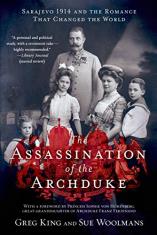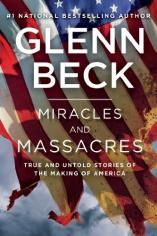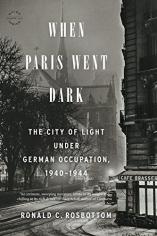August 2014
History Books Roundup: Reliving the Past
August 2014

August’s roundup of History titles includes IN THE KINGDOM OF ICE: The Grand and Terrible Polar Voyage of the USS Jeannette by Hampton Sides, a white-knuckle tale of polar exploration and survival in the Gilded Age; THE INVISIBLE BRIDGE: The Fall of Nixon and the Rise of Reagan, Rick Perlstein’s examination of an America on the verge of a nervous breakdown in the tumultuous political and economic times of the 1970s; INFIDEL KINGS AND UNHOLY WARRIORS: Faith, Power, and Violence in the Age of Crusade and Jihad by Brian A. Catlos, an in-depth portrait of the Crusades-era Mediterranean world and a new understanding of the forces that shaped it; and PEPPER: A History of the World's Most Influential Spice, in which Marjorie Shaffer describes the essential role that pepper played in bringing both Americans and Europeans to Asia.

































